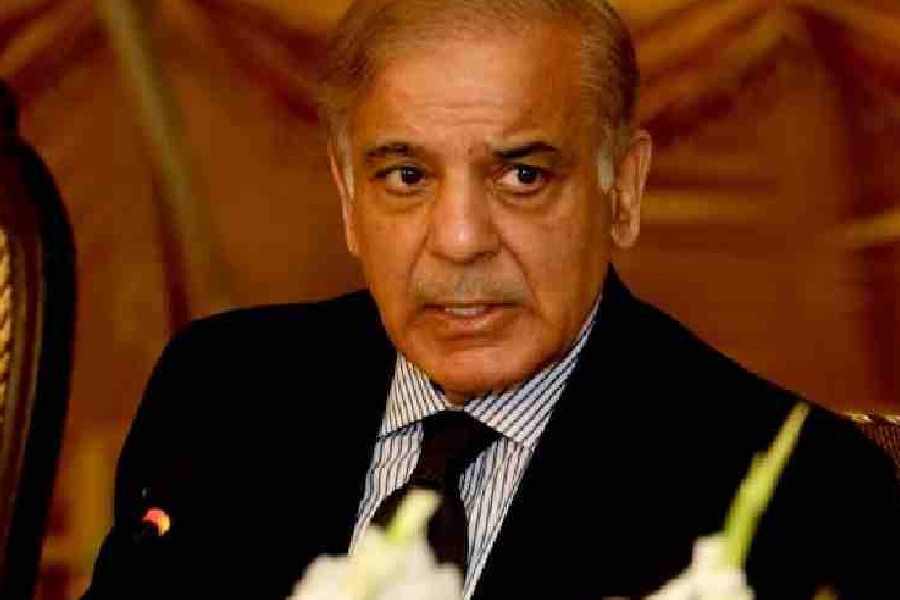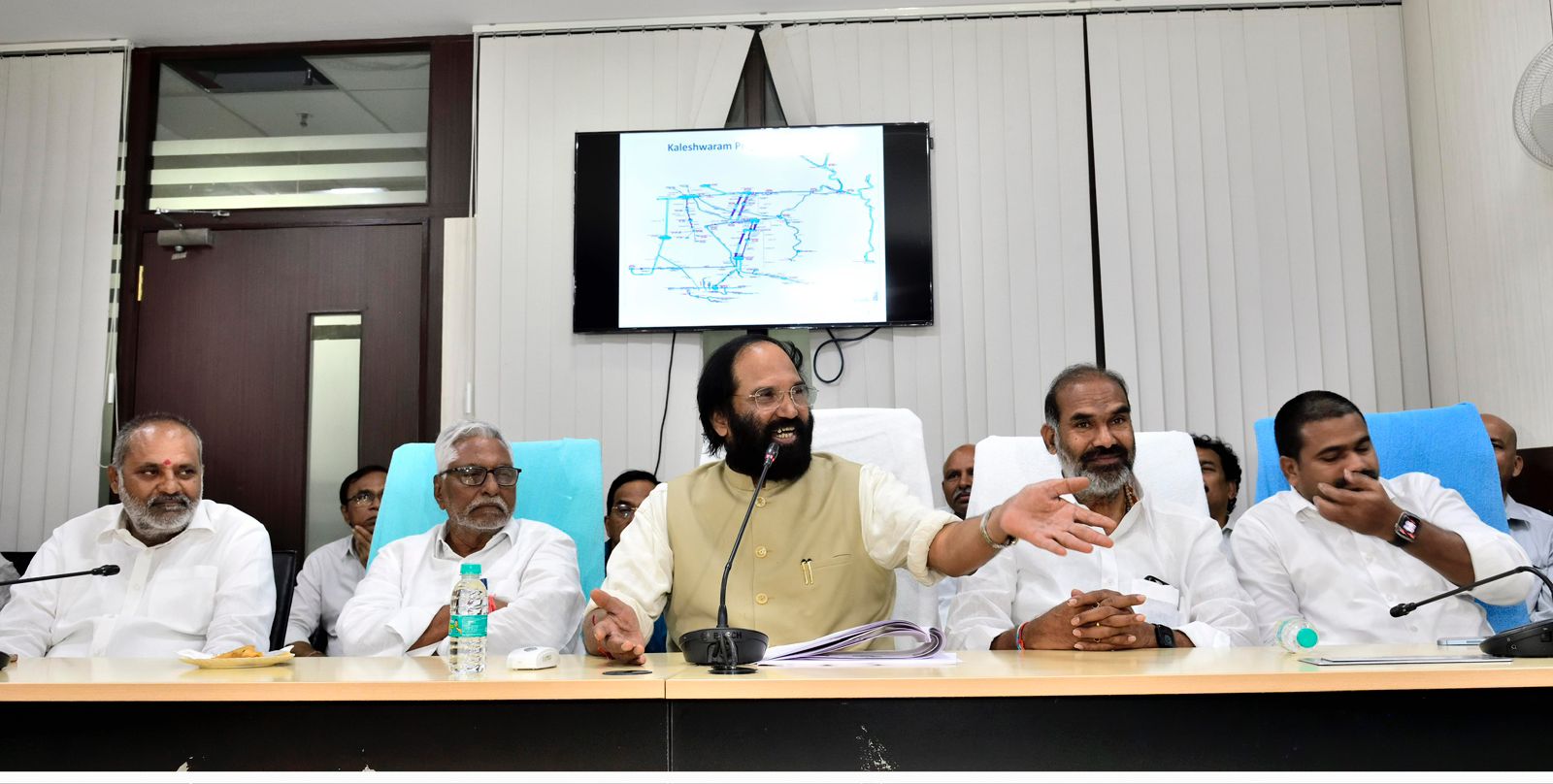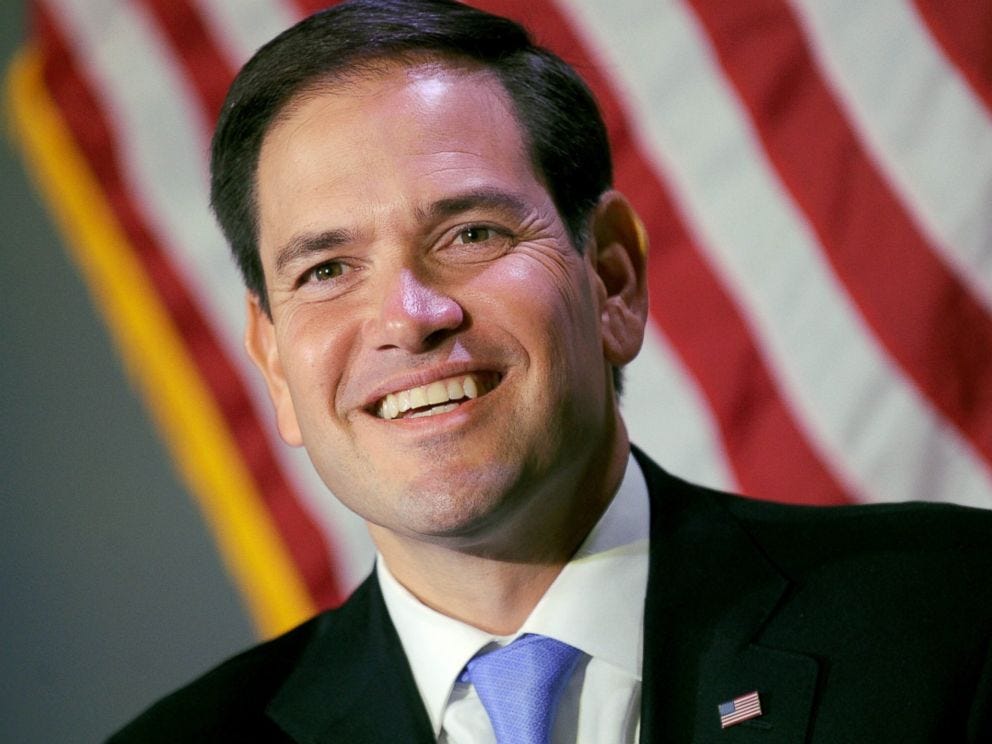PM Shehbaz Sharif likely to step down on Wednesday; makes farewell visit to Pak Army HQ

Islamabad: Prime Minister Shehbaz Sharif is likely to step down on Wednesday as the coalition government led by him is all set to dissolve Pakistan’s National Assembly prematurely to get extra time for holding the general elections scheduled for later this year.
The five-year tenure of the lower house of the Parliament is ending on August 12 but it is likely to be dissolved on August 9 by Prime Minister Sharif who will send an advice to President Arif Alvi, a former leader of Imran Khan’s Pakistan Tehreek-e-Insaf party. In case the president dithers, the assembly would be dissolved within 48 hours of advice given by the premier.
In an indication that Sharif would relinquish premiership, he made a farewell visit to the General Headquarters of the Pakistan Army in Rawalpindi.
Prime Minister Sharif paid his farewell visit to the General Headquarters (GHQ) on Tuesday, marking an important moment in his tenure as the head of the government, The Express Tribune newspaper reported.
The prime minister was warmly welcomed by Chief of Army Staff General Asim Munir as the visit was replete with moving ceremonies and tributes to the nation’s fallen heroes.
The Pakistan Muslim League-Nawaz (PML-N)-led coalition government would have liked to remain in power for a couple of more days and dissolved the Parliament on August 11 but it has a hunch that President Alvi might refuse to issue a notification immediately for the dissolution, political observers opine.
That is why the advice for dissolution is being given three days before the end of the assembly so that even if the president refuses to oblige the prime minister, the assembly would be dissolved before the end of its term, giving the Election Commission of Pakistan 90 days for elections.
In case the assembly completes its constitutional term, the ECP is bound to hold an election within 60 days. But even 90 days may not be enough for election as the new census has been endorsed by the Council of Common Interests, a constitutional body tasked to address issues involving the federating units, and after its approval, it is incumbent on the ECP to hold elections according to it.
Any new census entails a new delimitation exercise for which the ECP gets 120 days as per law. Once it completes the exercise, the process of elections would start, meaning that the polls would be delayed by a few months.
Meanwhile, Interior Minister Rana Sanaullah said that there is a possibility of a delay in holding the next general elections.
In an interview with Geo News on Tuesday, the minister said 2023 is not the election year.
“It is an absolutely straightforward answer – no,” Sanaullah said when asked if 2023 was the year when elections would be held.
He reiterated that as per the Constitution, another general election could not be held on the 2017 census results as they had been accepted “provisionally for a single time”.
Emphasising that it was required by the Constitution to carry out the delimitation process after a census was notified, Sanaullah said, “The caretaker government, while fulfilling this constitutional requirement, will carry out the delimitation process.” The minister noted that the process takes around 120 days so there was nothing about the elections being delayed by “many months”. “As soon as this constitutional requirement of delimitation is completed, then after that, God-willing, elections will be held,” he said.
Though the government is set to dissolve the assembly and allow delay in elections, the name of the caretaker prime minister has not been revealed as yet. But the government and allies are reportedly discussing “names”.
Talking about the candidate under consideration for the role of the caretaker prime minister, Sanaullah said they are all “respected names and discussions were underway”.
“No name has been locked till now. Even if it is [decided], till today (Tuesday) evening or tomorrow (Wednesday) …there are more chances that it will be locked tomorrow,” he said.
Constitutionally, the incumbent prime minister would carry on until the caretaker is agreed.




